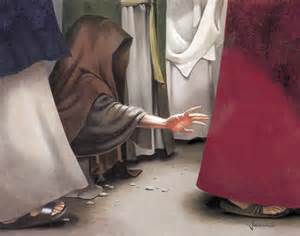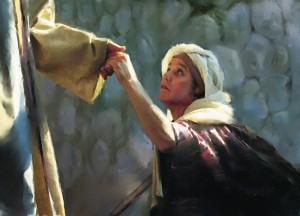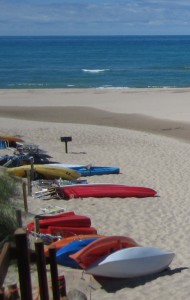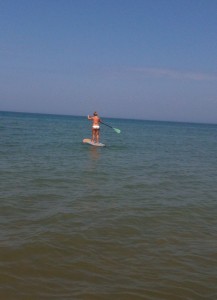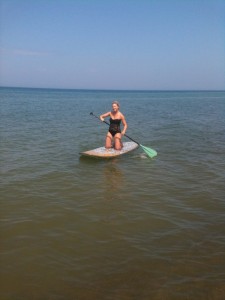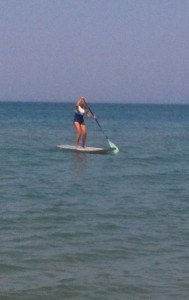 I love the word “lavish”. Even the definition is fun to read: open-handed benevolence; giving in great amounts without limit; generosity occurring in profusion; abundance poured out.
I love the word “lavish”. Even the definition is fun to read: open-handed benevolence; giving in great amounts without limit; generosity occurring in profusion; abundance poured out.
The word originally comes from Latin, lavare, which means “to wash, as in a downpour of rain.”
Although “lavish” is used in Scripture only a handful of times, God’s lavishness threads through the Bible in his actions. That’s still true today, and I’ve kept a journal detailing the lavish blessings he’s rained down on our family over the years, an effective antidote for any ingratitude that might creep in.
The road-map to God’s lavish provision often looks something like this:
- A need appears.
- We attempt to meet it.
- Our attempts fail, and the need increases.
- We try harder to meet it.
- The need escalates to crisis level.
- We realize we can’t meet it and turn to God for rescue.
- He meets the need lavishly.
A perfect example took place when Nate was battling his cancer and fading fast. Our 7+2+2 children had come from far and wide to be with their father, all except Hans who lived with his family in England. Visa problems and UK re-entry issues made a trip to the States impossible. The story of God’s lavish provision is written up in a blog from that time. (Then God stepped in!)
It seems God relishes opportunities to pour “a profusion of generosity” on his children and is watching us for two things: a willingness to (1) trust him, and a determination to (2) wait for him. We say, “Oh, that’s easy!” when in reality the opposite is true. Both are difficult and take repeated practice.
God knows we struggle to trust and then wait, so he details a variety of examples in his Word, showing how good it can be. One of these (taught in every Sunday School) is the feeding of the 5000. While growing up I viewed this as a nice miracle Jesus did so those he was teaching wouldn’t have to leave the meeting for dinner. Of course there was much more to it.
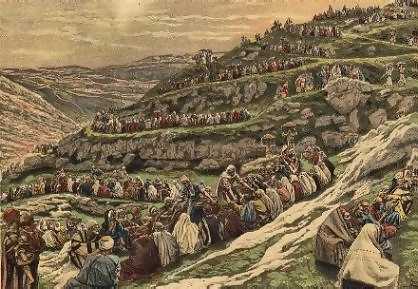 Just before that big picnic, Scripture tells us Jesus and the disciples had been so busy, they hadn’t even had time to eat. We don’t know how many meals they’d missed, but surely their stomachs were growling when Jesus suggested they separate themselves from the multitude so they could rest (and presumably eat). When the crowds continued to follow, their hope for rejuvenation evaporated.
Just before that big picnic, Scripture tells us Jesus and the disciples had been so busy, they hadn’t even had time to eat. We don’t know how many meals they’d missed, but surely their stomachs were growling when Jesus suggested they separate themselves from the multitude so they could rest (and presumably eat). When the crowds continued to follow, their hope for rejuvenation evaporated.
But fast-forward to the other end of the miraculous feeding that satisfied every appetite, and we see 12 full baskets of extra food, one per disciple. Jesus caused it to work out exactly that way (another miracle) not just to provide for their next meal. He wanted to use the leftovers to make an important point:
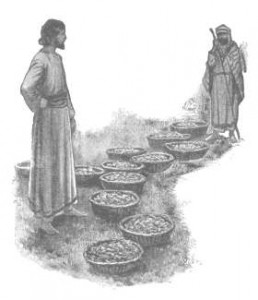 “Trust me with your needs, men; then wait expectantly, and I guarantee you’ll see what ‘lavish’ looks like, every time.”
“Trust me with your needs, men; then wait expectantly, and I guarantee you’ll see what ‘lavish’ looks like, every time.”
“They all ate as much as they wanted, and afterward, the disciples picked up twelve baskets of leftover bread and fish.” (Mark 6:42-43)

